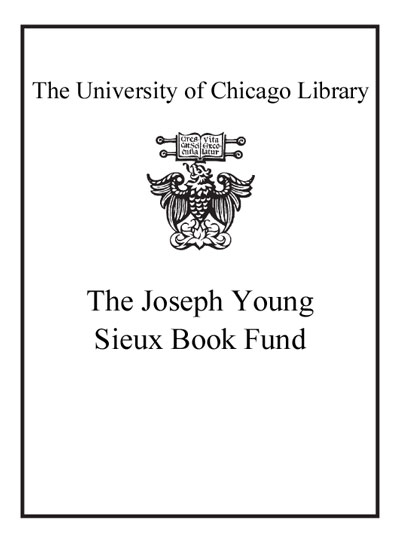Review by Choice Review
Although this interdisciplinary collection's subtitle announces the subject as "the British novel," the essays treat a limited range of 18th-19th-century British novelists (from Defoe to Hardy). The collection's two primary goals, according to Nussbaum (law and philosophy, Univ. of Chicago) and LaCroix (law, Univ. of Chicago Law School), are to revive what they deem the moribund field (a diagnosis contradicted by contributor Richard Posner) of literature and law and to demonstrate that reading fiction can help judges better deliberate cases. Most of the 15 contributors are housed in law schools (almost half at Univ. of Chicago) rather than English departments, and the essays, mostly historicist, vary widely in terms of critical sophistication. Among the strongest are Bernadette Meyler's on the entanglements of fictional and legal narrative "form" in Defoe; Amanda Claybaugh's on how Jude the Obscure negates its own apparent relationship to marriage law and reform (a critique of contextualization that also appears in Posner's chapter); and LaCroix's historical account of how two Supreme Court justices linked fiction reading and virtue. In their individual essays, Nicola Lacey and Nussbaum assess Trollope's ambivalence toward unconventional women. None of the contributors, however, reflects on his or her underlying assumptions about which fictions may be "helpful." Summing Up: Optional. Upper-division undergraduates through faculty. M. E. Burstein SUNY College at Brockport
Copyright American Library Association, used with permission.
Review by Choice Review


